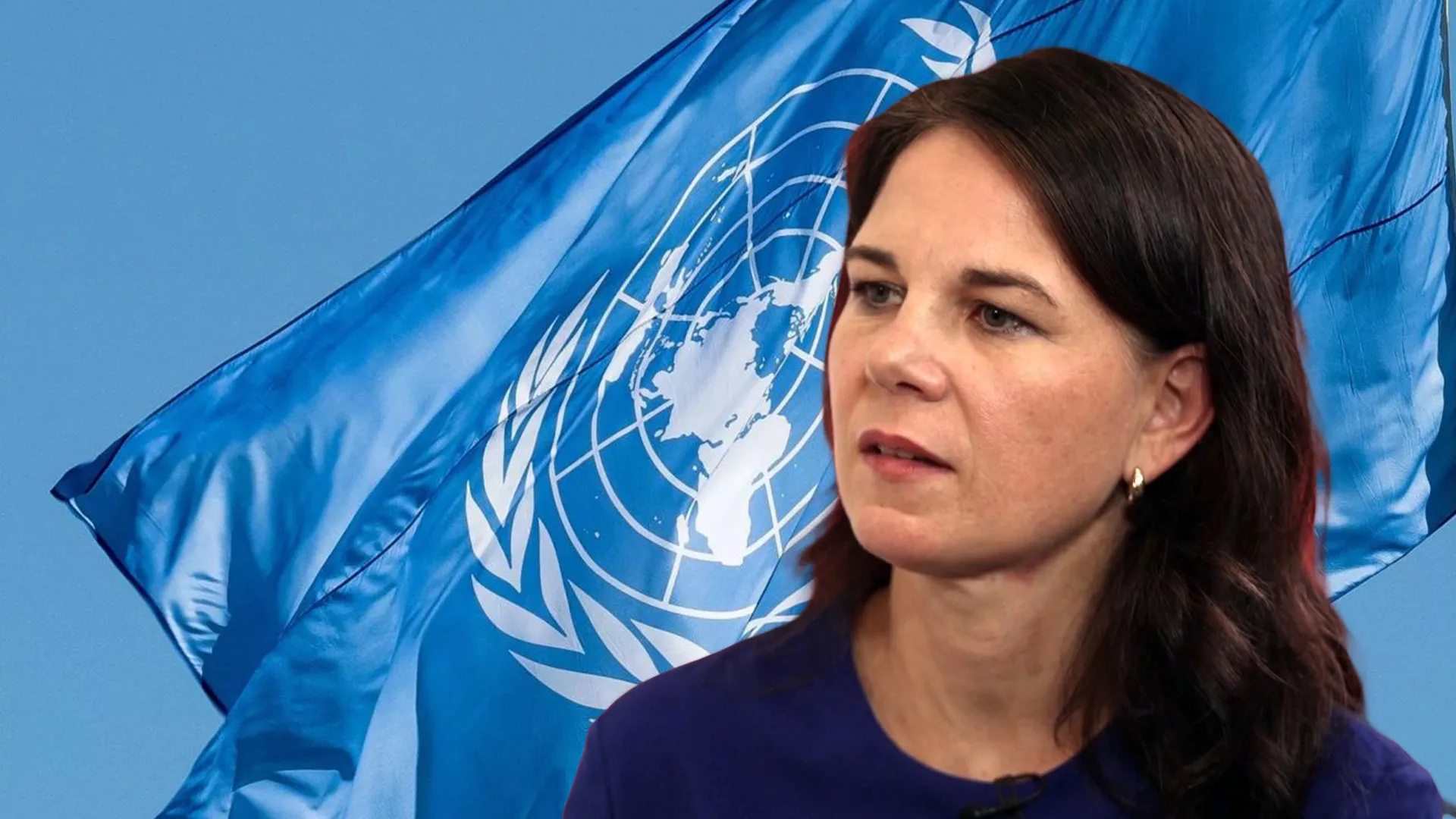UN General Assembly president on war, vetoes and UN reform | Gaza
As global crises multiply and trust in international institutions erodes, the United Nations faces growing questions about its relevance and authority. Thirty years after pledges to end hunger and reduce inequality, progress is stalling, wars are spreading, and UN Security Council vetoes are paralysing action.
In this episode of Talk to Al Jazeera, UN General Assembly President Annalena Baerbock reflects on the UN’s credibility, the limits of the UNSC, and whether a more assertive UNGA can drive reform before the 2030 Sustainable Development Goals deadline.
Published On 4 Jan 2026
